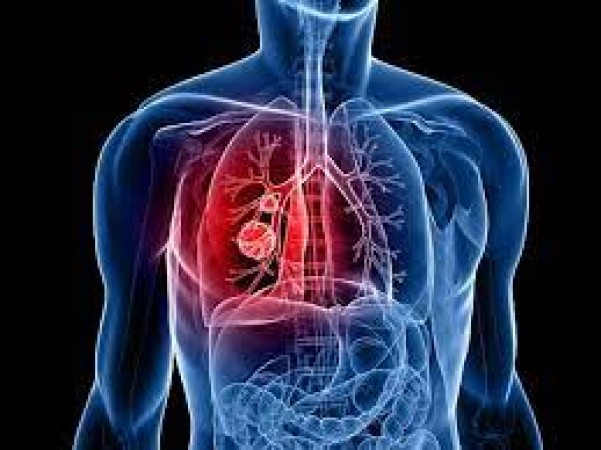
Lung cancer, a prevalent and devastating disease, has a long history that spans decades of medical research and advancements. This article delves into the historical context of lung cancer, exploring its origins, the evolution of medical understanding, and the significance of ongoing research efforts. Lung cancer is a malignancy that originates in the tissues of the lungs, typically in the cells lining the air passages. Its history is marked by significant discoveries, challenges, and advancements in both understanding and treating this complex disease.
The earliest recorded instances of lung diseases date back to ancient civilizations, where breathing difficulties and chronic coughs were noted. However, it wasn't until the 18th century that more systematic observations were made, paving the way for further research.
In the mid-20th century, the connection between lung cancer and tobacco smoking became increasingly evident. Pioneering studies demonstrated a clear correlation between cigarette use and the risk of developing lung cancer, raising public health concerns and initiating anti-smoking campaigns.
As medical technology advanced, researchers categorized lung cancer into two main types: small cell lung cancer (SCLC) and non-small cell lung cancer (NSCLC). This classification proved essential in tailoring treatment strategies based on the tumor's characteristics.
The development of advanced imaging techniques, such as computed tomography (CT) scans and positron emission tomography (PET) scans, revolutionized the diagnosis and staging of lung cancer. Early detection played a pivotal role in improving patient outcomes.
From traditional surgery and radiation therapy to modern targeted therapies and immunotherapies, the treatment landscape for lung cancer has evolved significantly. Each modality aims to increase survival rates and enhance patients' quality of life.
Lung cancer is a global health concern, affecting millions of individuals and their families. Its impact extends beyond physical health, influencing emotional and socioeconomic aspects of patients' lives.
Public awareness campaigns have played a vital role in educating the public about the risks of smoking and the importance of early detection. These campaigns have contributed to a decline in smoking rates and an increased emphasis on lung health.
Lung cancer research faces challenges such as limited funding, complex genetic variations, and the heterogeneity of tumors. Overcoming these obstacles is crucial to develop more effective treatments.
Contemporary research focuses on targeted therapies, personalized medicine, and immunotherapies. Exciting breakthroughs offer hope for more tailored and effective treatments for different lung cancer subtypes.
Prevention remains a key approach to reduce lung cancer incidence. Avoiding tobacco smoke, adopting a healthy lifestyle, and minimizing exposure to environmental pollutants are crucial preventive measures.
Lung cancer patients require comprehensive support, including access to healthcare resources, emotional assistance, and community networks. Support systems significantly contribute to their overall well-being.
The future of lung cancer management holds promise, with ongoing research in areas like precision medicine, early detection biomarkers, and innovative treatment modalities. Collaborative efforts are essential to improve patient outcomes. Lung cancer's history is a testament to the power of medical progress. From its early observations to the modern era of targeted therapies, the journey has been one of discovery, challenges, and hope. By understanding its past and ongoing significance, we can continue to make strides in preventing, diagnosing, and treating this formidable disease.
Phenol Peels: A Deep Dive into Skin Transformation
Unlocking Efficiency: Google Chrome's AI-Powered Summary Feature
Charging at Warp Speed: Phone 15 Series Introduces 35W USB Type-C Charging